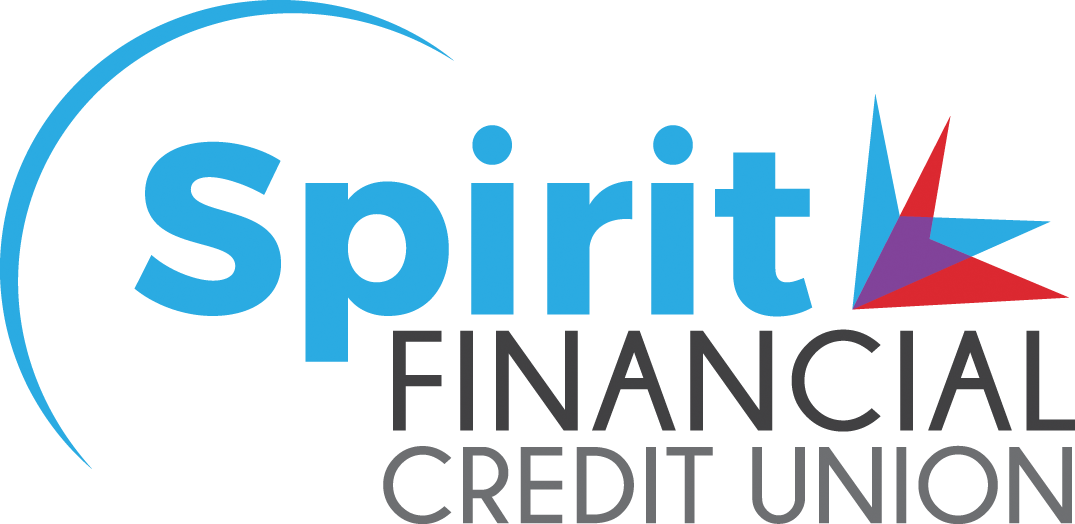Resolve to Break Bad Spending Habits in 2024
A new year provides an opportunity to set new personal goals, as well as a chance to reassess and reshape our financial habits. One common area that many people need help with is their spending habits. Whether impulse buying, excessive dining out, or accumulating unnecessary subscriptions, bad spending habits can take a toll on our wallets and financial well-being.
In this post, we will explore some common examples of careless spending and provide practical tips on how to break bad spending habits, ensuring a financially healthier 2024.
Identifying Bad Spending Habits
When kicking off a journey toward financial freedom, it's crucial to determine the problematic spending habits that may be sabotaging financial goals. One such habit is impulsive spending. The allure of a sale or the desire for instant gratification leads us to make purchases we may later regret. Another common pitfall is excessive dining out. The convenience of restaurant meals can quickly turn into a budgetary nightmare. Additionally, overlooked subscription services that have outlived their usefulness can silently drain our funds. Now that we've recognized examples of pitfalls, let's work on actionable steps to break these habits.
5 Bad Spending Habits to Break
1. Cut Back on Non-Essential Spending: To break free from the cycle of overspending, one must reassess discretionary expenses. Instead of succumbing to the convenience of takeout, consider meal planning and cooking at home. This not only saves money but also promotes healthier eating habits. If you're paying for streaming services, skip the expense of a night out and enjoy a film from the comfort of your living room. You'll save a bundle. Decide if it's essential before you purchase the latest iPhone or other electronic or kitchen gadget.
2. Not Following a Budget: A well-crafted budget is a solid foundation for a successful financial plan. Begin by tracking your income and fixed expenses, such as rent or mortgage, utilities, fixed medical costs, and groceries. Allocate a reasonable amount for discretionary spending, ensuring you have room for leisure without jeopardizing your financial stability. Once you've created a budget, be sure to follow it.
3. Avoid Impulse Purchases: Impulse buying is a silent budget killer. Combat this habit by instituting a waiting period before making unnecessary purchases. Give yourself time to evaluate whether the item is needed or simply a fleeting desire. You may find that, more often than not, the impulse to buy fades away.
4. Take an Inventory of Your Subscription Services: Subscription services can quickly accumulate, leading to monthly charges for services you may no longer need or use. Conduct a thorough audit of your subscriptions and cancel those without significant value. This small step can result in substantial savings over the course of a year. You can always re-subscribe if you decide you need it.
5. Halt Reckless Credit Card Spending: According to the Federal Reserve Bank of New York, credit card balances increased to $1.08 trillion in the 3rd quarter of 2023. It's time to take control of growing debt.
With these habits in check, we can begin to explore tips for starting the new year on a financially positive note.
Strategies to Reinforce Better Spending Habits
Take Time to Review and Reflect
Take the time to reflect on your financial journey over the past year. Assess what worked well and what areas need improvement. Use this reflection as a guide to institute realistic financial changes for the new year.
Emergency Fund Building
Unexpected expenses can wreak havoc on even the most meticulously planned budgets. Start the year by building or bolstering your emergency fund. Having a financial security blanket can provide peace of mind and prevent you from turning to high-rate credit cards in times of need.
Automate Savings and Debt Repayment
Simplify your financial management by automating your focus on savings and debt. Set up auto transfers to a savings account and establish automated payments towards your consolidated debt. This ensures steady progress towards your financial goals without the risk of overlooking manual payment.
Be Mindful of High-Rate Credit Card Spending
Explore lower-rate emergency spending options, such as a Spirit Financial fixed-rate VISA Credit Card or Personal Access Line of Credit.
Set Specific Financial Goals
Establishing clear and achievable financial goals can provide motivation and direction. Whether building an emergency fund, paying off debt, or saving for a specific purchase, having defined objectives will help you focus on the bigger picture.
Embarking on a journey to break bad spending habits is a commendable step towards financial wellness. By identifying and addressing these habits head-on, setting realistic goals, and implementing practical strategies, you can pave the way for a financially thriving 2024. Here's to a year of mindful spending and financial empowerment!
Looking for more ways to save? Spirit Financial can help you consolidate high-interest credit card debt! Tap to learn more.



